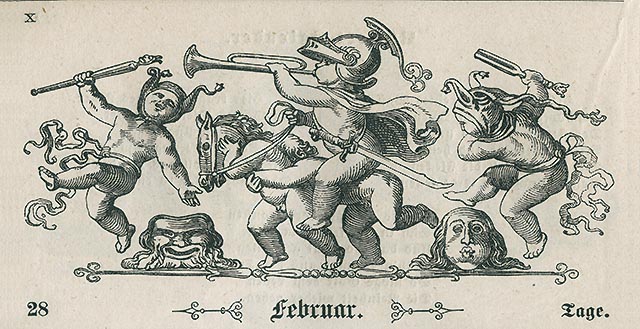
The Calendar – History’s Beginnings
For stories to become history, a reliable system of calendar subdivisions is needed. This is more easily said than done: William Shakespeare and Miguel de Cervantes both died on 23rd April, 1616. However, Shakespeare, a Protestant, died ten days after the Catholic Spaniard.
Our division of the years was introduced by Julius Caesar in the year 46 before Christ. Three years with 365 days each are followed by a leap year having 366 days. Over the course of time, however, it became evident that this did not accurately correspond with the solar year. Pope Gregory XIII adopted an improved calendar in 1582. To correct the accumulated errors, Thursday, 4th October, was directly followed by Friday the 15th. Protestant countries initially resisted using the “Papist” calendar. That is why both calendars were in use over a long period of time.
A Revolutionary Calendar based on astronomy and the decimal system was introduced in France in 1793. It never caught on in everyday life. After only twelve years, Napoleon I ended the endeavour.